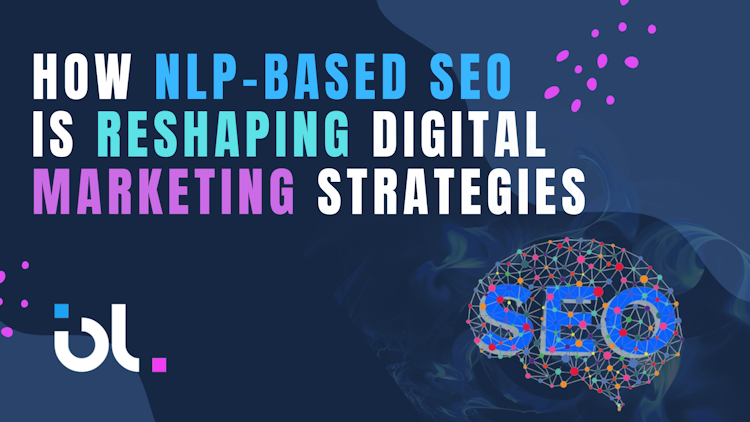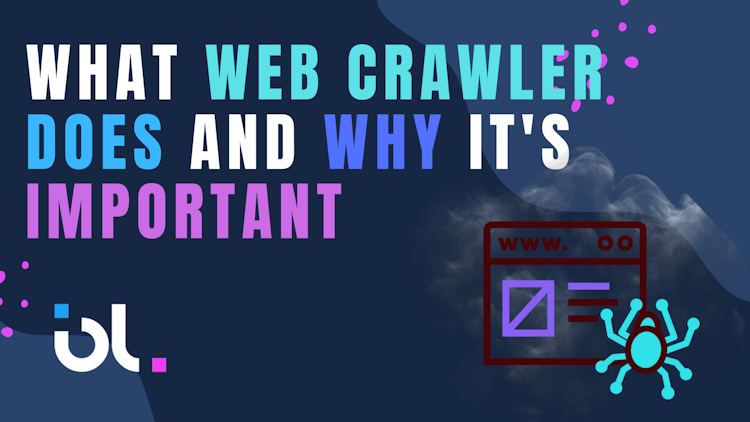Getting to Know Web Crawlers
In their most basic form, web crawlers are specialized pieces of software that are developed with the purpose of methodically exploring the massive expanse of the internet. Information from websites is gathered, indexed, and made available to search engines, which is its main purpose.
Imagine that you are a responsible librarian who is arranging a massive digital content library in order to get people the information they need in an efficient way. As a result of the rapidly evolving nature of the internet, websites regularly update the content that they provide. The process of web crawling is an essential component in maintaining the accuracy of search engine databases.
They re-index content on a frequent basis to make sure that users get the most up-to-date information by visiting websites again and again. Web crawlers are very important in the process of forming the online experience for users because they make it possible for search engines to get content in a way that is both accurate and efficient.
Although their significance is undeniable, they require support in managing dynamic content and maneuvering through directives such as robots.txt and meta tags. Furthermore, guidance is needed for optimizing their performance within the constraints of a restricted crawl budget.


Top Web Crawling Tools’ Essential Features
Using web crawlers to increase the performance of a website may be accomplished in the following manner by a digital marketer or a company:.
Content Indexing
The process of web crawling involves the careful examination of websites, during which data is gathered on the content, metadata, and structure of each page. This information is subsequently arranged in a searchable index, which serves as the foundation of databases that are used by search engines.Following the completion of this indexing procedure, search engines are able to provide users with relevant results in the shortest possible time.
Information Updates
The content of websites is always being updated, which contributes to the dynamic nature of the internet. In order to maintain the most recent versions of search engine databases, a web page crawler is an essential component. The purpose of crawlers is to guarantee that visitors obtain the most recent and relevant information by frequently revisiting websites and re-indexing the content of those pages. Both the user experience and the trust that people have in search engines are improved by this ongoing process.
Finding New Content
As the internet continues to grow, new websites are constantly being created. The discovery and indexing of these fresh versions by web crawlers ensures that users of the internet have access to the most recent and complete information that is available online.
Following Links
Using links to go from one website to another, a Google web crawler navigates the whole internet. It is comparable to traveling over a wide network of highways that are all linked to one another. The whole web may be explored by crawlers, and they can index an extensive variety of content by following links.
Improving Ranking in Search Engine Results
Websites’ positions in the results of search engines are mostly determined by the crawlers that crawl the web. Keywords, metrics used to measure user engagement, and relevancy are all examples of the information that is obtained throughout the crawling process. The algorithmic processes that decide the position of a website in search results are impacted by this information.
Handling Duplicate Content
Users and search engines alike may find it difficult to understand content that is duplicated. A search engine crawler aids in the identification and digestion of material, guaranteeing users get a variety of insightful information from search engine results.
Frequency of Crawl
On the other hand, search engines crawl content that is less dynamic or of lower quality less often, but they give more priority to crawling content that is of high quality and is updated frequently. This method guarantees that visitors will get new and relevant content.


Problems that Web Crawlers Have to Deal With
While they are necessary for ensuring the integrity of search engine databases, they meet a number of challenges:
Dynamic Content
Traditional web crawlers may encounter difficulties when attempting to crawl websites that include dynamic content, such as those that are created by JavaScript. To properly index dynamically created sites, crawling technologies must advance.
Robots.txt and Meta Tags
For the purpose of controlling web page crawler access, some websites make use of rules such as robots.txt and meta tags. Using these directives, webmasters may advise crawlers which sites to ignore or prioritize, depending on the situation. For successful crawling, it is essential to fully understand and follow these strict guidelines.
Crawl Budget
A crawl budget is the number of pages that a search engine is able to scan on a website within a certain time frame. By optimizing the structure and content of a website, one may enhance the efficiency with which the crawl budget is allocated.
Things to Keep in Mind When Working With Crawlers
The first thing that should be kept in mind is to always pay attention to the instructions that are included in the robots.txt file of a website. This is an overview of the sections of a website that are exposed to crawling and the parts that should be excluded. In order to sustain web crawling techniques that are both ethical and valid, it is important to respect these standards.
It is also recommended that you employ crawl delays in order to prevent the server of a website from being overloaded. By doing so, it guarantees that the server resources are distributed fairly and prevents the site from experiencing excessive load.
An individual user-agent string should be used to identify your web crawlers. By taking this step, website owners are able to differentiate between genuine crawlers and those that might possibly do damage.
Crawlers that are able to handle dynamic content, such as sites displayed using JavaScript, may also be developed by you. Through this phase, a full indexing of the latest websites that have interactive components is ensured.
This action guarantees that all new websites are indexed in their full form. Those who operate web crawlers for search engines might cultivate a favorable connection with website proprietors if they stick to these recommended practices. Moreover, they are able to guarantee crawling that is both ethical and responsible, as well as improve the process for indexing that is both accurate and quick.
Heroes of the Web Who Go Unrecognized
Internet crawlers are like unsung heroes; they toil away in the background, organizing and making sense of the gigantic internet. Web crawlers are responsible for a host of essential services, including the indexing of content and the updating of information, the management of duplicate content, and their effect on search engine results. They play a crucial role in ensuring that the ecology of the internet operates well.
In order to face the difficulties of a digital world that is always shifting, the finest web crawling tools will continue to develop as technology continues to grow. They make certain people can quickly and easily obtain information that is accurate, pertinent, and up-to-date with only a few clicks.
Give the Web Crawling Experts a Call
Benlola, the industry leader in digital marketing, can help you maximize the potential of your website and the content, as well as build your presence on the internet. For experienced advice on improving the crawling and indexing, please contact us right away.
Using a web crawler may help your website rank higher in search results, increase traffic, and keep you ahead of the competition in the online world. Let us work together to optimize your presence on the web. Get in touch with Benlola now for results-driven, customized solutions!




